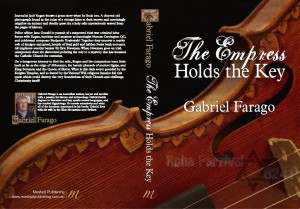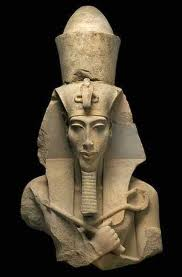
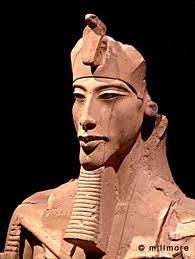
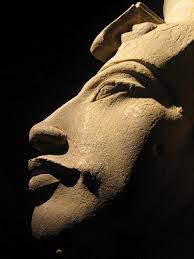
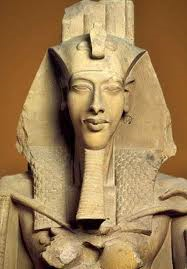
The main subject of interest to Father Lucius was Akhenaten, the heretic king of ancient Egypt who lived in the fourteenth century BC. Akhenaten was Amenhotep IV. He was the father of Tutankhamun and the husband of Queen Nefertiti, the most beautiful woman in ancient Egypt.
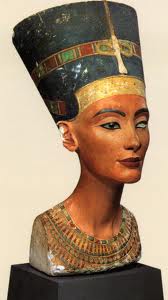
Queen nefartiti wife of akhnaten
He later changed his name to Akhenaten, abandoned the old capital, Thebes, and built a new one, Akhetaten. His heresy? Abolishing the gods. How, and why?
Legend has it that it all began with a vision. Apparently, the god Aten revealed himself to the pharaoh as light; the sun disk between two mountains. Akhenaten interpreted this as a sign from god — Aten, to bring about change. Change of a most fundamental kind. For the first time in recorded history, Akhenaten declared that there was only one God — Aten, thereby introducing something quite radical, alien, frightening even. Monotheism; the concept of a single all-powerful god. Father Lucius was fascinated by this and the fact that Akhenaten lived just before the time of Moses and the Exodus.
He was convinced that there was a connection between Akhenaten and Moses, and he spent several years in Egypt gathering evidence. Slowly, the pieces of an extraordinary puzzle began to fall into place.
Apparently, my grandfather and his friend corresponded for years dealing with this subject, but unfortunately, only a few letters survived. It wasn’t until I was able to decipher the diaries that is all began to make sense.
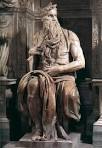
Moses
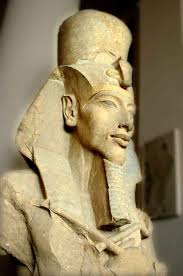
After Akhenaten died he was erased from the pages of history. Images of the heretic king were destroyed, his name was chiselled out of all inscriptions, his capital, Akhetaten abandoned. The priests returned to power and restored the ancient gods to their rightful place. In their world there was no place for monotheism.Aten was toppled and disappeared, or did he? Father Lucius was convinced that the cult of Aten survived by going underground, and that there was an important link between this cult, Moses, and the Exodus. This was a fascinating idea with far reaching implications. The ‘what if’ questions in the Lucius diaries and grandfather’s journals were tantalising, the theories challenging, and the conclusions quite breathtaking. Years later, they inspired me to study Egyptology, learn to read the hieroglyphs and travel to Egypt.
A serious writer needs a good story before he can begin writing a book. A good story has to be inspirational and unique. It must be powerful enough to ignite curiosity and spark the imagination. Fact and fiction must rub shoulders with imagination in a way that is so convincing that the reader is never sure where one ends, and the other begins. To me, the Lucius diaries, and grandfather’s journals did just that. The result? The Empress Holds The Key which will be published in November.
